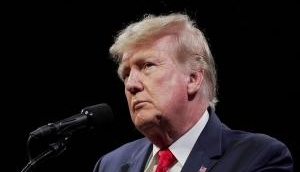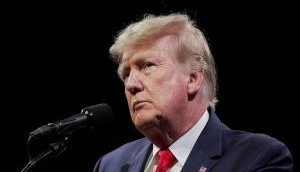Yin & yang: a quick guide to the yuan's dramatic fall
Saahil Parekh
| Updated on: 13 February 2017, 3:40 IST

TWEET THIS
01
What's unique about the yuan?
- China's currency system is different from most others. Called the "managed float" system, it prevents wide swings in the yuan's exchange rate by letting it fluctuate within a fixed band.
- The dollar, euro and some other currencies, on the other hand, are freely traded.
- India and many other nations tie their exchange rates to an "anchor currency" like the dollar to prevent abrupt swings.
- Beijing tightly monitors the yuan and sets its value daily. It's allowed to move in a band of +/- 2%.
02
Why has China devalued it?
- As per Beijing's forecasts, its currency should have fallen, not risen over the past few months. In fact, as the yuan was rising, other currencies were falling.
- Since other nations have to buy the yuan to purchase Chinese goods, an expensive currency will hit the country's exports.
- Traders will rather buy from nations whose exchange rates are lower. Indeed, as the yuan appreciated, China's exports plunged by 8.3% in July.
- By devaluing its currency, China has protected its large export-based industry, which employs a lot of labour and often operates on paper-thin profit margins.
03
Will it affect India in any way?
- The yuan's devaluation on 12 August sank the rupee to 65 against the US dollar, the weakest it has been since September 2013.
- The rupee is more volatile and the markets jittery. There is fear that if the rupee keeps falling, inflation could rise again.
- China is among India's top five export markets. Any economic slowdown in the country, therefore, will hurt Indian exporters.
- Domestic manufacturers may also be hit: a weaker Yuan will make Chinese goods even cheaper in India.







![BJP's Kapil Mishra recreates Shankar Mahadevan’s ‘Breathless’ song to highlight Delhi pollution [WATCH] BJP's Kapil Mishra recreates Shankar Mahadevan’s ‘Breathless’ song to highlight Delhi pollution [WATCH]](https://images.catchnews.com/upload/2022/11/03/kapil-mishra_240884_300x172.png)

![Anupam Kher shares pictures of his toned body on 67th birthday [MUST SEE] Anupam Kher shares pictures of his toned body on 67th birthday [MUST SEE]](https://images.catchnews.com/upload/2022/03/07/Anupam_kher_231145_300x172.jpg)






